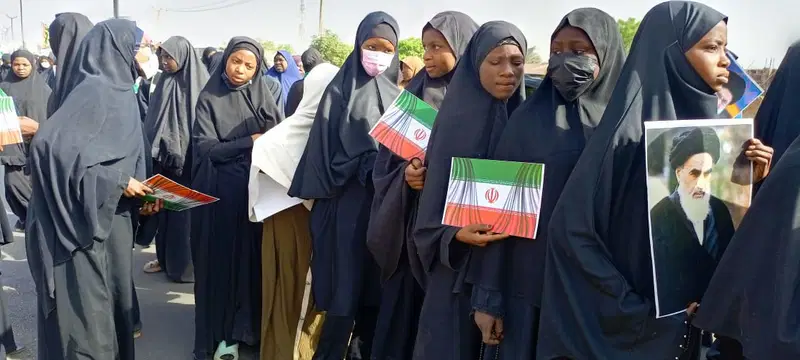Stay Committed to Treatment, IHVN Urges Nigerians Living with HIV

The Institute of Human Virology Nigeria (IHVN) has called on Nigerians living with HIV to remain consistent with their medications in order to safeguard their health and strengthen the country’s fight against AIDS.
The Chief Executive Officer of IHVN, Dr. Patrick Dakum, made this appeal in a press statement issued on Tuesday, urging people living with HIV not to relent in adhering to their prescribed antiretroviral therapy (ART).
Nigeria, which remains one of the countries most affected by HIV/AIDS globally, currently has over two million people living with the virus. Despite this, steady progress has been recorded over the years in expanding access to HIV testing and treatment through government efforts and international partnerships.
According to recent data from the National Agency for the Control of AIDS (NACA), about 1,753,425 people living with HIV in Nigeria know their status.
This includes 1,693,457 adults — 579,209 men and 1,114,401 women — as well as 54,983 children aged between 0 and 14.
The report also revealed that 1,735,808 Nigerians are currently receiving antiretroviral treatment.
Dr. Dakum reaffirmed that HIV services across the country—including testing, treatment, laboratory diagnosis, and prevention of mother-to-child transmission—are available at no cost in several public and private health facilities.
He noted that IHVN supports over 380 health centres across the Federal Capital Territory, Nasarawa, Katsina, and Rivers States, offering free HIV-related services.
“These services cover free HIV testing, ART for adults and children, laboratory monitoring, and prevention of mother-to-child transmission,” Dakum explained.
He further disclosed that more than 238,000 individuals are currently receiving treatment in IHVN-supported facilities, stressing that these life-saving services have remained uninterrupted.
The institute, he added, continues to operate in partnership with the U.S. President’s Emergency Plan for AIDS Relief (PEPFAR) through the U.S. Centers for Disease Control and Prevention (CDC), alongside the Nigerian government.
Highlighting preventive measures, Dakum said IHVN also provides free pre-exposure prophylaxis (PrEP) for HIV-negative pregnant women and breastfeeding mothers, as well as post-exposure prophylaxis (PEP) for individuals exposed to the virus.
“IHVN continues to promote sustainable health initiatives by working with government, donors, and key stakeholders to achieve epidemic control. Our target is to test 95 per cent of people living with HIV, place 95 per cent of those who test positive on treatment, and achieve viral suppression in 95 per cent of those on treatment,” he stated.
As part of its community outreach, the institute has expanded its HIV prevention and care programmes by partnering with faith-based organisations and community leaders. Initiatives such as the Group Mothers’ Love Gatherings and Peer Mentor Mother Programmes have been introduced to support pregnant and nursing mothers, as well as empower women living with HIV to encourage one another.
Dakum explained that community-based programmes have helped reach caregivers, children, adolescents, and young adults with comprehensive health, nutritional, and psychosocial support to improve their quality of life and adherence to treatment.
Reflecting on the institute’s two decades of impact, Dakum noted that IHVN’s collaboration with PEPFAR has strengthened Nigeria’s healthcare system through capacity building, improved laboratory infrastructure, and integration of public health programmes.
He also praised the Federal Government’s increasing commitment to HIV programme ownership, citing efforts such as including people living with HIV in health insurance schemes, supporting local production of test kits, and the forthcoming rollout of Lenacapavir, an injectable HIV preventive drug.
Dakum concluded by calling for sustained collaboration among the government, civil society, media, and people living with HIV to consolidate progress and ensure long-term national ownership of HIV interventions. “With continued partnership and adherence to treatment, we can achieve a future where AIDS is no longer a public health threat in Nigeria,” he said.









